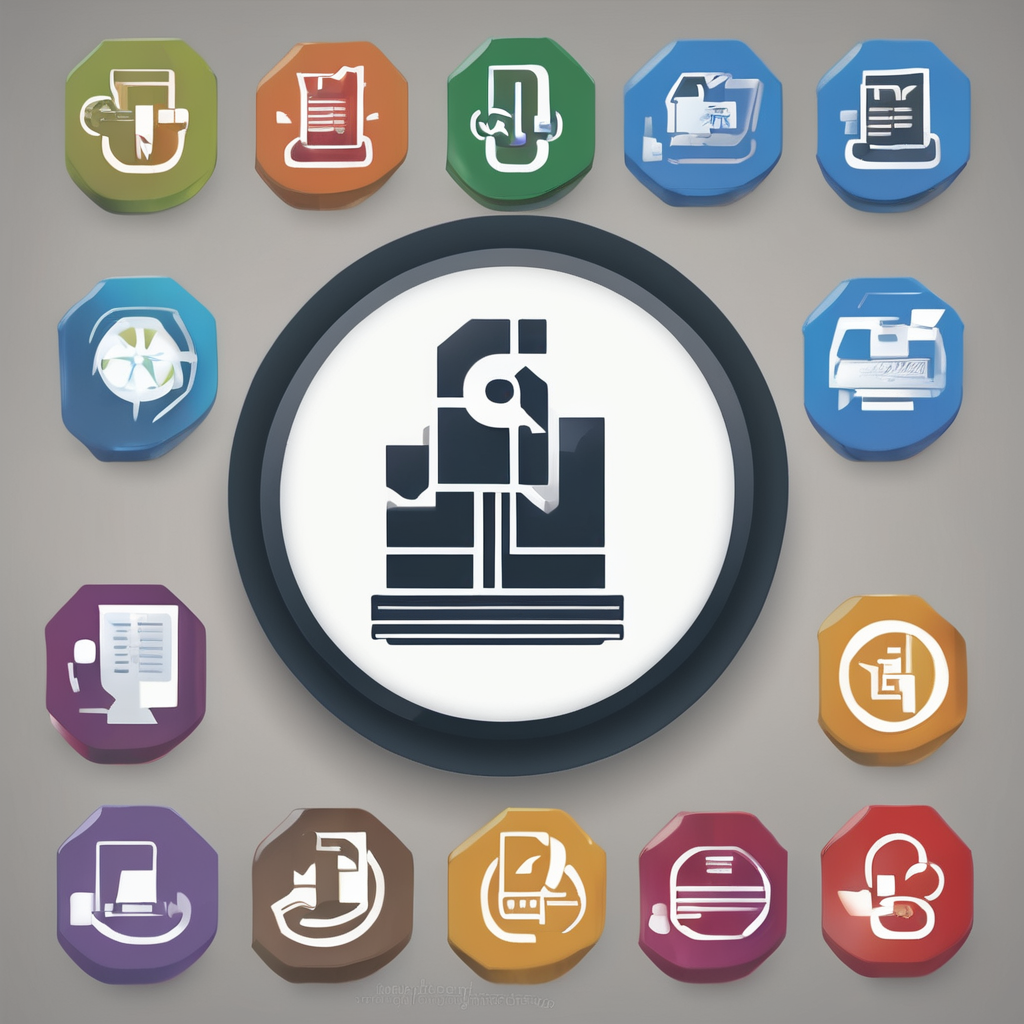Primary benefits of AI integration in UK healthcare
Artificial intelligence (AI) brings transformative benefits to UK healthcare by improving diagnostic accuracy and speed. With AI algorithms analysing vast datasets quickly, clinicians can detect diseases earlier and with greater precision, reducing misdiagnosis. This accelerated diagnostic process enhances patient outcomes by enabling timely interventions.
AI also fosters enhanced patient care and personalisation. Machine learning models tailor treatments to individual patient profiles, considering genetic, lifestyle, and clinical information. This personalised approach supports precision medicine, improving effectiveness and patient satisfaction.
Additional reading : How Can One Enhance Their Daily Life with Simple Techniques in UK Healthcare?
Operational efficiency sees significant improvement thanks to AI integration. Automated systems streamline clinical workflows by handling routine tasks such as data entry, appointment scheduling, and medication management. These efficiencies reduce clinician burden and administrative delays, allowing healthcare professionals to focus more on direct patient care.
NHS AI integration leverages these technology advantages to address challenges in resource allocation and healthcare accessibility. As AI benefits in UK healthcare expand, they lay a foundation for a more responsive, accurate, and patient-centred system that supports both staff and service users alike.
Also to discover : What Are the Benefits of Implementing Technology in UK Healthcare?
Cost reduction and resource optimisation
AI cost savings in healthcare play a crucial role in easing financial pressures on the NHS. By automating repetitive administrative tasks such as billing, appointment scheduling, and record keeping, AI reduces staffing demands and cuts operational expenses. This streamlining allows hospital resource management to focus more efficiently on direct patient care rather than paperwork.
Predictive analytics enable NHS AI integration to optimise resource allocation. For example, AI models forecast patient admission rates and equipment needs, helping hospitals manage beds, supplies, and staff schedules proactively. This reduces unnecessary expenditure and ensures critical resources are available when needed.
Minimising waste is another critical healthcare technology advantage. AI-driven automation identifies inefficiencies in supply chains and clinical workflows, enabling decision-makers to eliminate redundant processes and reduce inventory waste. Together, these AI benefits in UK healthcare combine to support a sustainable system, balancing high-quality care with prudent resource use. This ongoing optimisation demonstrates how intelligent systems not only improve patient care but also significantly increase NHS efficiency and cost-effectiveness.
Impact on clinical outcomes and patient experience
AI in patient outcomes has demonstrated significant potential to transform healthcare quality improvement across the UK. By enabling early intervention, AI algorithms can detect subtle disease markers often missed in traditional assessments, leading to faster, more accurate diagnoses and treatments. This early detection directly contributes to better health trajectories and reduces the severity of illnesses.
Moreover, AI supports increased accessibility by streamlining appointment systems and enabling remote monitoring through wearable devices and mobile apps. These technologies reduce wait times and make healthcare services more attainable, especially for patients in rural or underserved areas. Patients experience improved convenience and continuity of care, key components of patient satisfaction UK-wide.
Personalised treatment plans benefit greatly from AI’s ability to analyse vast individual data points, including genetics and lifestyle factors. This healthcare technology advantage tailors therapies that align with patient-specific needs, improving adherence and outcomes. Together, these developments ensure that AI not only enhances clinical effectiveness but also fosters a more patient-centred approach to care, addressing both health and experience comprehensively.
Real-world applications and examples in the UK
AI-driven diagnostic tools have become a cornerstone of NHS AI integration, enhancing diagnostic accuracy and speed in multiple clinical settings. For example, some NHS trusts utilize AI systems to interpret medical images such as X-rays and MRIs, achieving faster results while maintaining high precision. These tools not only reduce clinician workload but also enable earlier detection of conditions like cancer or stroke, demonstrating clear healthcare technology advantages.
In addition, automation of routine processes is widely adopted across UK hospitals, streamlining administrative tasks such as patient record management and appointment scheduling. These systems free up staff time, allowing healthcare professionals to focus more on patient care, thereby improving overall operational efficiency.
Patient triage and virtual health assistants in primary care provide accessible initial consultations through AI-powered chatbots and decision support. These technologies help prioritize cases accurately and efficiently, reducing unnecessary clinical visits and improving patient access to appropriate care.
Together, these case studies highlight how practical NHS AI integration transforms workflows, enhances diagnostic capabilities, and improves patient interaction, making a measurable impact on UK healthcare innovation and delivery.
Perspectives from UK healthcare professionals and experts
Insights from UK healthcare expert opinions reveal a broadly positive reception towards NHS AI integration. Many clinicians acknowledge that AI tools enhance decision-making by providing rapid data analysis and reducing human error. For example, doctors report improved confidence in diagnoses when AI supports imaging interpretation. However, healthcare staff views on AI also highlight significant challenges. Concerns include data privacy, the need for transparency in AI algorithms, and potential impacts on patient-clinician relationships.
NHS AI perspectives emphasize the importance of ongoing training and support for staff. Effective adoption depends on educating healthcare professionals about AI capabilities and limitations, ensuring technology complements rather than replaces clinical judgement. Experts advocate for collaborative development between AI developers and frontline staff to address usability and trust issues.
Additionally, practical barriers such as integration with existing systems and workload adjustments must be managed thoughtfully. Adopting AI is seen as a cultural shift requiring clear communication and change management strategies. Overall, UK healthcare professional feedback underscores that successful NHS AI integration hinges on balanced collaboration, robust training programs, and addressing ethical and operational concerns to truly harness healthcare technology advantages.
